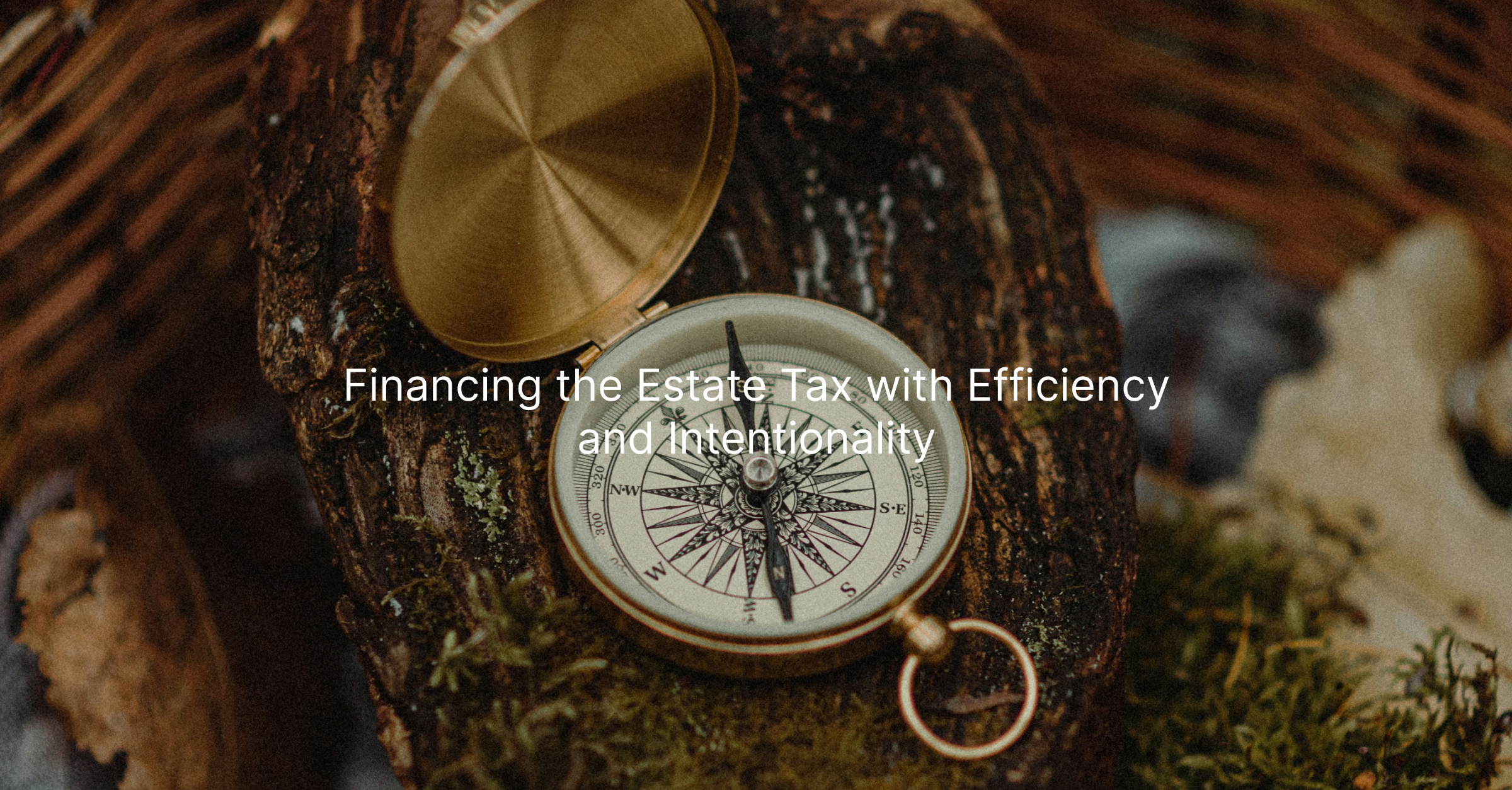
Financing the Estate Tax with Efficiency and Intentionality
Estate tax planning isn’t just about helping lower the taxable base—it’s about ensuring liquidity, preserving business continuity, and reducing administrative burden on the next generation.
For many high-net-worth families, particularly those with closely held business interests, the estate tax can pose a significant challenge:
— How do you fund a future $20M+ liability without fire-selling assets?
— Can you create leverage today without overcommitting liquidity?
— What’s the true cost of waiting vs. planning now?
A well-structured life insurance strategy can offer compelling advantages, especially when evaluated through a net present value lens. Our recent analysis compares four common funding strategies—life insurance, asset sales, commercial borrowing, and Section 6166—and makes one thing clear:
Unless your clients can reliably earn 12% annually for 25 years, insurance is the most cost-efficient path.
It’s not just about lowest cost—it’s about clarity, simplicity, and long-term confidence. Especially when so much of the estate is illiquid or tied to a family enterprise.
“The most efficient plan is the one that works—financially and operationally—when it matters most.”
If you work with families or advisors navigating estate planning for privately held businesses, this is a conversation worth having.
File#4386112
